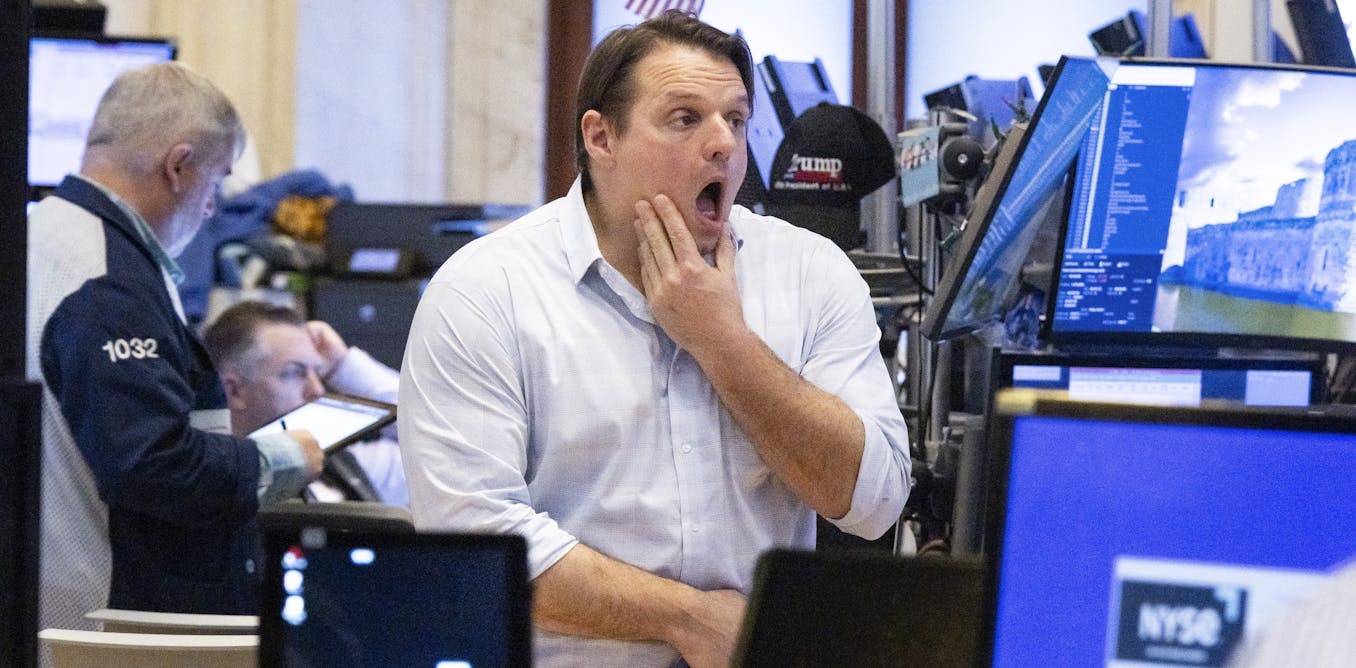Wall Street Wobbles: Why Your Wallet Shouldn't Worry Right Now

Global Market Turbulence: Why Investors Should Stay Calm
In the wake of recent seismic shifts in international trade, financial markets have been experiencing significant volatility. While the headlines might seem alarming and the market graphs look intimidating, there's no need to hit the panic button just yet.
The current economic landscape is undoubtedly complex. Trade tensions, geopolitical uncertainties, and rapidly changing global dynamics are creating ripples of uncertainty across investment platforms. However, seasoned investors understand that market fluctuations are a natural part of the economic ecosystem.
Instead of making hasty, emotion-driven decisions, experts recommend maintaining a balanced and strategic approach. Diversification remains key - spreading investments across different sectors and asset classes can help mitigate risks during turbulent times. Long-term investment strategies have historically proven more resilient than knee-jerk reactions to short-term market movements.
Remember, market corrections are not just inevitable but can also present unique opportunities for savvy investors. By staying informed, maintaining a cool head, and focusing on fundamental economic principles, you can navigate these challenging waters with confidence.
The message is clear: Don't panic. Stay informed, stay strategic, and keep your investment perspective broad and long-term.
